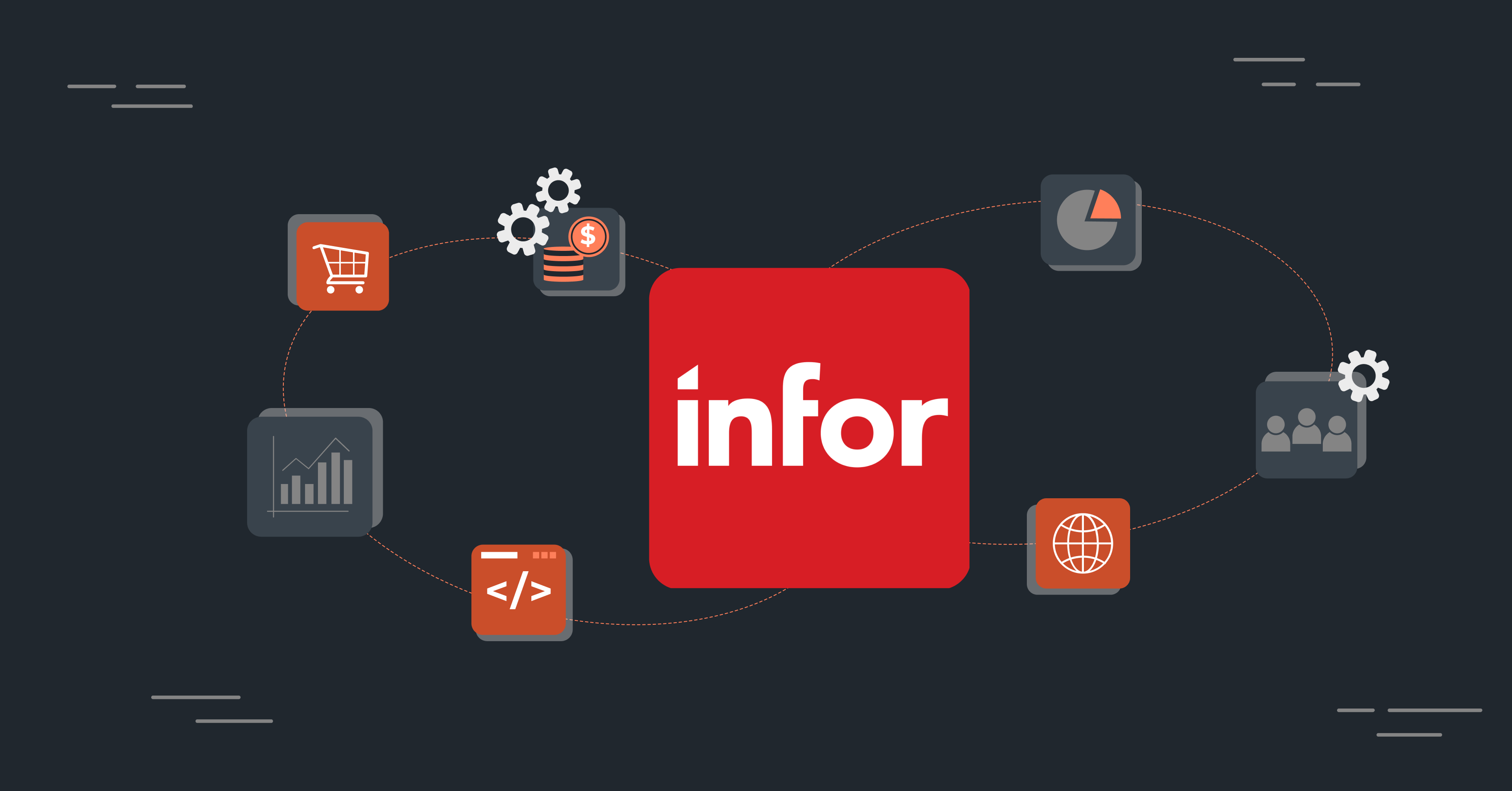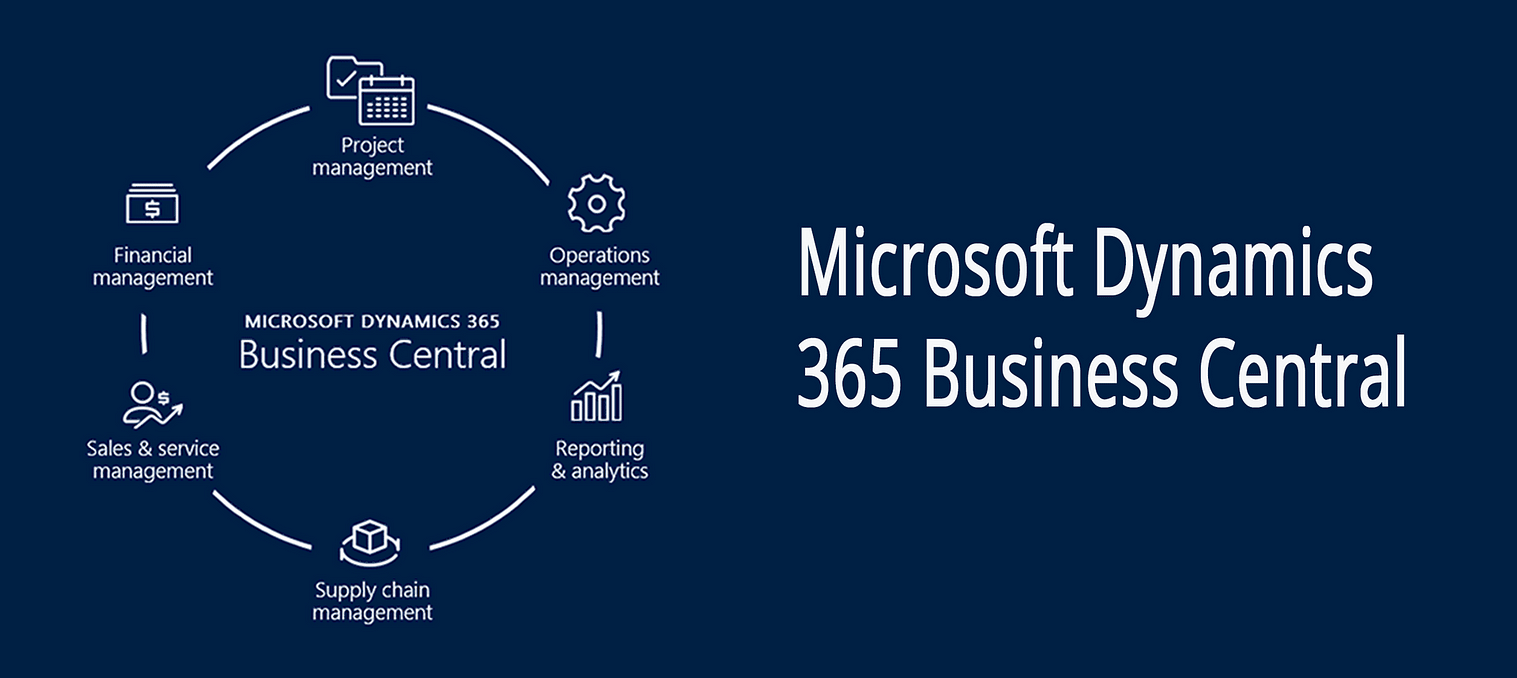Description
Introduction
SAP Project System (SAP PS) is an integrated project management module within the SAP ERP suite, designed to help organizations plan, execute, and monitor projects effectively. It provides comprehensive tools for structuring projects, managing resources, tracking costs, and ensuring timely execution. SAP PS integrates seamlessly with other SAP modules such as Finance (FI), Controlling (CO), Material Management (MM), and Sales & Distribution (SD), enabling end-to-end project lifecycle management.
This training introduces participants to the core functionalities of SAP PS, covering project structuring, scheduling, budgeting, cost control, and reporting. Whether you are a project manager, SAP consultant, or business analyst, mastering SAP PS can enhance your ability to manage projects efficiently and align them with organizational goals.
Prerequisites
-
Basic knowledge of project management concepts.
-
Familiarity with SAP ERP environment is beneficial but not required.
-
Understanding of financial and resource planning principles.
Table of Contents
1. Introduction to SAP Project System (SAP PS)
1.1 Overview of SAP PS and Its Role in Project Management
1.2 Key Features and Functionalities of SAP PS
1.3 Integration of SAP PS with Other SAP Modules (FI, CO, MM, SD)
1.4 Understanding the SAP PS User Interface and Navigation
2. Project Structures in SAP PS
2.1 Work Breakdown Structure (WBS) and Network Components
2.2 Defining Project Definitions and Project Profiles
2.3 Project Coding Masks and Hierarchical Structures
2.4 Milestones and Dependencies in Project Structures
3. Project Planning and Scheduling
3.1 Network Planning and Scheduling Techniques
3.2 Activity Types and Relationships in Project Scheduling
3.3 Resource Planning and Capacity Management
3.4 Setting Up and Managing Project Calendars
4. Budgeting and Cost Management in SAP PS
4.1 Project Cost Planning and Cost Elements
4.2 Budgeting and Availability Control Mechanisms
4.3 Actual Cost Tracking and Variance Analysis
4.4 Forecasting and Cost Reporting in SAP PS
5. Project Execution and Monitoring
5.1 Tracking Project Progress and Performance Metrics
5.2 Time Confirmation and Work Progress Updates
5.3 Handling Issues and Change Management in Projects
5.4 Generating Project Reports and Dashboards
6. Integration with Other SAP Modules
6.1 Integration with SAP FI/CO for Financial Accounting
6.2 Integration with SAP MM for Material Management
6.3 Integration with SAP SD for Sales and Distribution
6.4 Integration with SAP HR for Workforce Management
7. Reporting and Analytics in SAP PS
7.1 Standard and Custom Reports in SAP PS
7.2 SAP PS Information System and Key Performance Indicators
7.3 Exporting and Visualizing Project Data
7.4 Leveraging SAP Business Intelligence for Advanced Analytics
8. Case Studies and Best Practices
8.1 Real-World Implementations of SAP PS
8.2 Lessons Learned from SAP PS Deployments
8.3 Best Practices for Effective Project Execution
8.4 Future Trends in SAP PS and Project Management
SAP PS plays a crucial role in modern project management, providing robust tools for planning, execution, and cost control. Its deep integration with SAP ERP ensures seamless coordination between different business functions, enabling organizations to manage projects efficiently while maintaining financial transparency.
By mastering SAP PS fundamentals, professionals can improve project execution, optimize resource utilization, and enhance decision-making based on real-time data insights. Whether managing small-scale internal projects or large enterprise initiatives, SAP PS equips businesses with the agility and control needed to drive project success.







Reviews
There are no reviews yet.